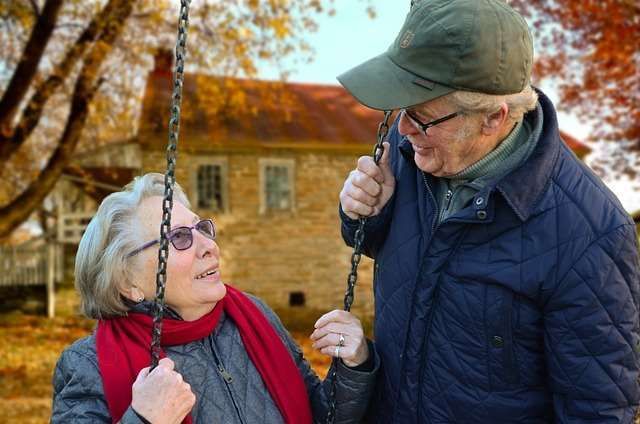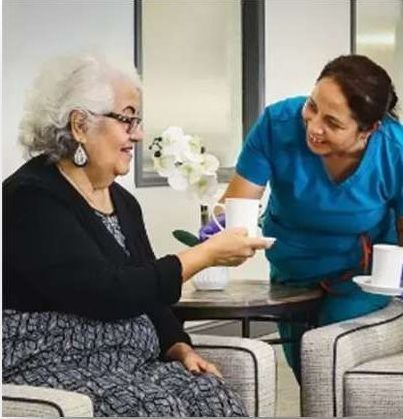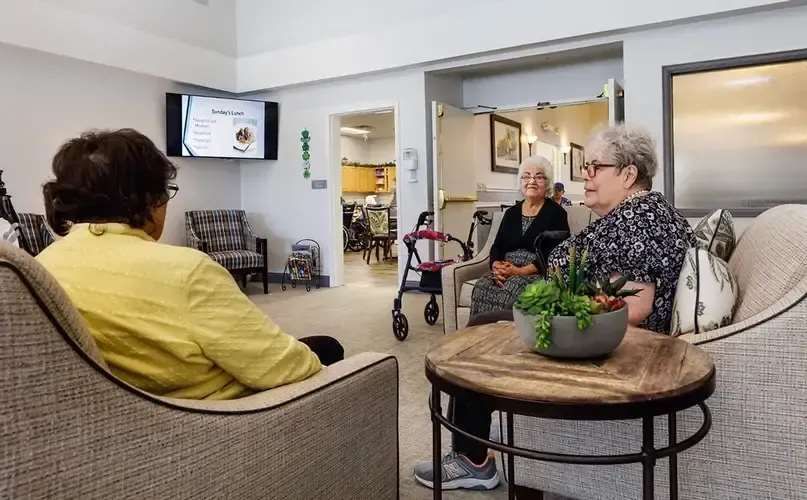Staying Healthy This Winter - Tips to Follow
Getting sick is never fun and when the weather is cold and dreary, getting sick seems to feel even worse. We all know the general rules to follow to stay healthy and stop the spread of illness, but it never hurts to see a few reminders.
1) Cover your mouth and nose when you cough or sneeze. If you don’t have a tissue, cough or sneeze into your upper sleeve or elbow. Wash your hands regularly using soap and warm water and scrub for at least 20 seconds. If soap and water isn’t available, use alcohol-based hand sanitizer.
2) Make sure you stay hydrated. Drinking enough water each day boosts your immune system and helps fight viruses. Studies show any hydration is better than none, so if you don’t like water, drink something you do like such as coffee, tea or juice.
3) Up your Vitamin D intake - low levels can make you susceptible to illnesses and negatively affect your mental health. Sunshine is one free source of Vitamin D. You can also find it in butter, milk, cheese, yogurt, egg yolks, some mushrooms, fatty fish and canned tuna.
4) One of your immune system's first lines of defense is your SKIN. Avoid cracked skin to keep germs, bacteria and viruses out by applying cream or lotion. Limit overly hot showers as they dry out skin. Make sure to apply moisturizer afterwards. Also, don’t forget to apply lip balm.
5) Stay up to date on recommended immunizations like flu, COVID-19, RSV and pneumonia.
6) Continue to eat a healthy diet. Eat plenty of vegetables, fruits, whole grains, nuts and seeds. Including garlic, ginger, and additional citrus fruits may also boost your immune system.
7) If you get sick - SLEEP. During sleep, important immune processes happen to help your body heal and recover. That’s when proteins that target infection are released and your body has a better fever response.
Don’t ignore exercise in the winter months. Walking, stationary bikes or other indoor workouts are beneficial for your mental as well as physical health and help keep your immune system working to fight infection.
Memories In Making (Mim) – Alzheimer’s Association
Did you notice the new artwork in North hallway? These pieces of art were painted by The Retreat at Church Ranch residents through a program called Memories in the Making, an art program created by the Alzheimer’s Association for use in day programs and care facilities. The program (MIM) believes painting every week provides those with memory loss a place to feel a sense of purpose, to socialize with others, and engage in an activity that keeps brain cells firing.
After creating the program, staff at the Alzheimer’s Association realized the paintings and the stories they represented offered a way to honor participant’s lives and support the work of the organization. Some of the paintings from program participants are chosen to be auctioned at the Association’s annual fund-raising Gala. Here at The Retreat at Church Ranch we are lucky to have residents whose works were chosen to be featured at the auction. Take a moment to view the lovely art our residents have created and shared



RESIDENT BIRTHDAYS
2/5 – Michael A
2/16 – Shari W
2/25 – Mary W
STAFF BIRTHDAYS
None
FEBRUARY ANNIVERSARIES
2/20 – Juan S
2/22 – Mai Pa C
RESIDENT OF THE MONTH
Roberta (Bobbi) C.
EMPLOYEE OF THE MONTH
Amber S.
Aging Is Inevitable – Here’s Some Of The Good Stuff About It
- Using and applying something we’ve learned is called crystalized intelligence. Crystalized intelligence keeps getting better with age - even in our 70’s. This is a great reason to continue learning new things.
- People are generally more agreeable as they age. They are likely to be happier and less inclined to get angry. Scientists haven’t figured out exactly why this happens, but they do have some theories. Older people might control their emotions better, and focus more on how to make the most of life.
- In our 40s, more than any other time of life, we’re more in tune with other people’s emotions. Emotional intelligence, insight into how others think and feel, can make getting along with loved ones easier, in addition to helping us get along better with coworkers.
- Feelings of stress decrease as we age. In general, people over 65 report experiencing less stress in comparison to people between 25 and 49—even when struggling with the same type of stressors.
- Unfortnately, taste buds do not regenerate as we age. More seasoning may be called for to get the same flavor.
- Eccentric exercise (movements that lengthen the muscles rather than contracting them) can help reduce and even reverse signs of aging and can keep us looking and feeling younger longer. Yoga is considered eccentric exercise.
- Another reason to keep learning: senior citizens can grow new neurons over time which can help fight off dementia.
Helpful Ideas When Living On A Tight Budget
We’ve all heard the tried-and-true advice when living on a tight budget. Some of them are “Give up the extras, shop wisely, purchase your needs, not your wants” or “stick to the sale aisle.” A crazy one to me is, “Cut your own hair.” However, there are other ideas and options that you may not have heard or didn’t think about. Here are just a few ideas to help you get a few extra dollars in your pocket or in your savings account.
- Track your spending for a month. Detailing where your money goes helps clarify your financial position and then you can begin to set a realistic budget. Follow your budget. It’s not fun, but you’ll see your savings grow.
- Pay your bills in full each month - especially your credit card. Credit cards were created to make money for the issuer – not the user. On big purchases, look for the 6 or 12-month same as cash options. If you make the monthly payments and pay in full with these plans, no interest is charged.
- If you use a credit card, sign up for cash-back credit card rewards. Use the rewards dollars for your necessities. We all want to travel and use our credit card travel dollars, but is it practical?
- Educate yourself. The more you know, the better decisions you’ll make. Banks and credit unions frequently offer free finance classes. They usually have websites with budgeting and finacial literacy information as well.
- Combine your errands and car trips. You’ll save money by using less gas and pollute less as well.
- If you already have debt, prioritize paying off debt. The sooner you get to zero the better and you’ll stop paying interest.
- Shop around for the highest interest rates for a savings account. Reward yourself for saving by getting more interest.

Dad Jokes For A Quick Smile
I'm reading a horror book in Braille. Something bad is going to happen. I can feel it.
The world tongue-twister champion just got arrested. I hear they're going to give him a really tough sentence.
I have a pen that can write underwater. It can write other words, too.
I gave my handyman a to-do list, but he only did jobs 1, 3, and 5. Turns out he only does odd jobs.
What kind of fish do penguins catch at night? Star fish.
What did the grape do when it got stepped on? Nothing but it let out a little wine.
Why don’t some couples go to the gym? Because some relationships don’t work out.
My doctor told me I was going deaf. The news was hard for me to hear.
How much did your chimney cost? Nothing, it was on the house.









